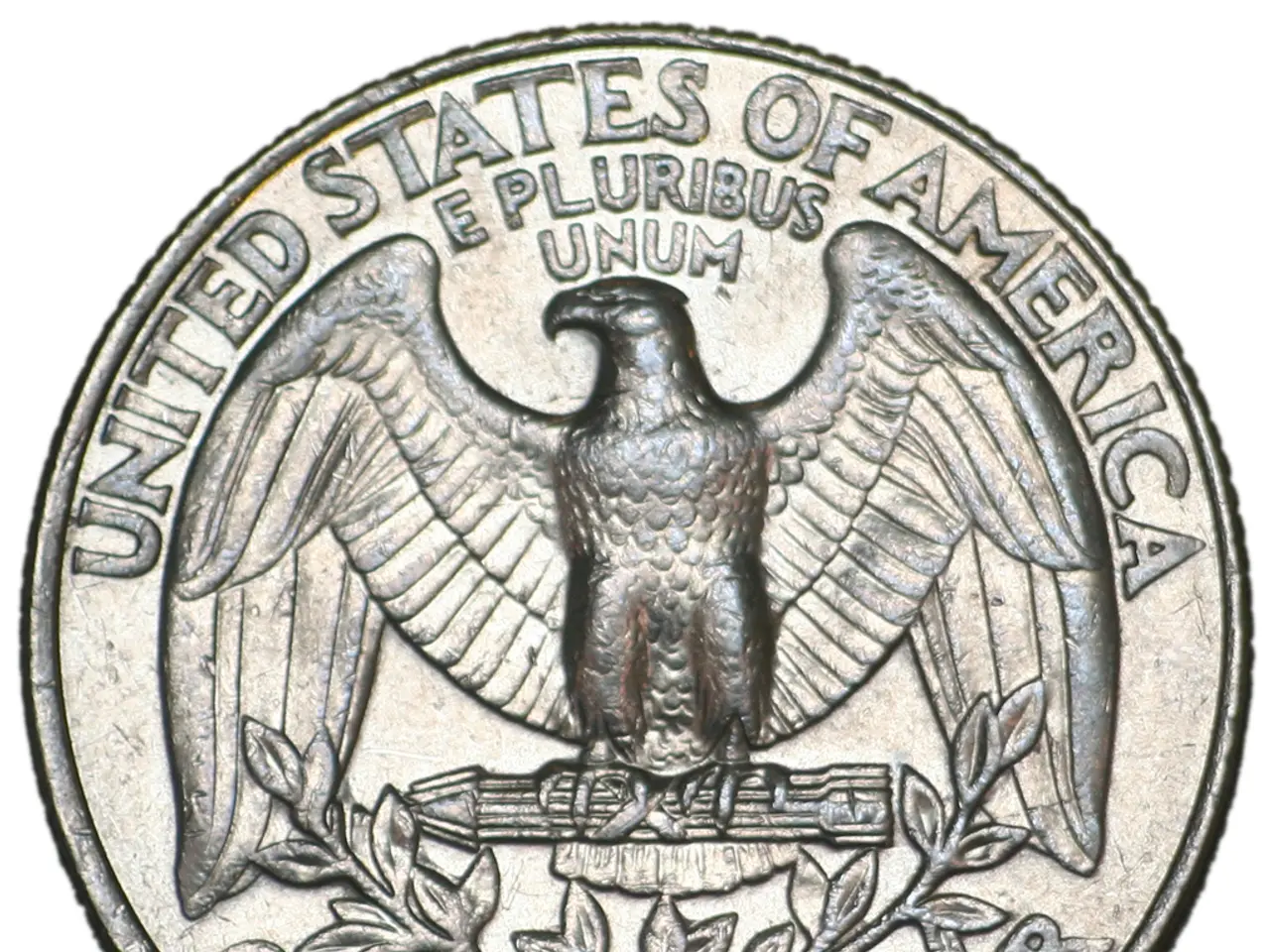Securing a Home Loan: A Comprehensive Guide
For many, buying a home is a significant milestone. However, understanding the process of determining how much house you can afford and securing a mortgage can be daunting. Here's a comprehensive guide to help you navigate this journey, focusing on improving your credit score and securing favourable terms.
Firstly, it's essential to calculate your debt-to-income (DTI) ratio. This ratio helps lenders assess your ability to repay a mortgage by comparing your monthly debt payments to your gross monthly income. A lower DTI ratio means more room in your budget for expenses not related to the home.
A strong credit score is crucial for demonstrating the ability to responsibly manage debt. Borrowers with credit scores in the 700s typically receive the best loan offers. To improve your credit score before applying for a mortgage, make all payments on time, reduce credit card balances, and review credit reports for errors.
After settling on a lender, get preapproved for a mortgage. Preapproval involves a hard credit check and more documentation than prequalification. Preapproval doesn't guarantee a mortgage but is important because it determines how much money you can be approved to borrow.
It's essential to compare mortgage rates and loan types to find the best fit for your situation. Each mortgage type has its own requirements, interest rates, and terms. For instance, conventional loans, FHA loans, VA loans, USDA loans, and jumbo loans each cater to specific needs.
When submitting a loan application, your lender will perform a credit check and request documents like proof of income, assets, and identification. Closing costs, which are fees to finalize the mortgage, typically total between 2 to 5 percent of the loan's principal.
To improve your credit score quickly for a mortgage, follow these steps: review and correct credit reports, pay all bills on time, reduce credit card balances, avoid new credit applications, increase credit limits (if necessary), keep old accounts open, and consider rapid rescoring after paying off debt.
Remember, it's important to factor in escrow payments and annual maintenance and repair costs when budgeting for a mortgage. On average, it takes 41 days to close as of June 2025. When house-hunting, be prepared to move quickly once a house that meets your criteria goes on the market.
Lastly, reading lender reviews can help you make an informed decision when choosing a mortgage lender. Down payment assistance programs may also be available. By following these tips, you'll be well on your way to securing a mortgage and achieving your dream of homeownership.
In the process of homeownership, understanding personal finance aspects such as mortgage rates and managing personal-finance key elements like credit score is crucial. To obtain a mortgage, it's important to compare various loan types, secure preapproval, and be mindful of closing costs. Additionally, improving your credit score before applying and understanding factors like escrow payments and annual maintenance costs can increase your chances of securing favorable mortgage terms.




